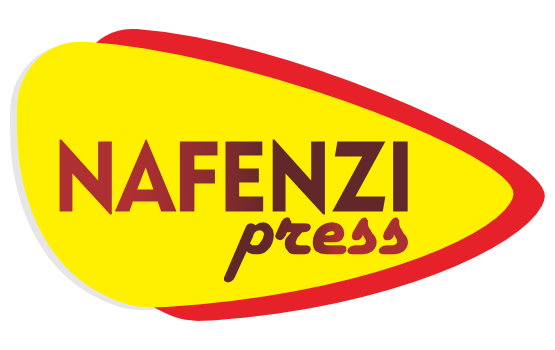Kampanye Donasi: Dukung Pengembangan Journal of JAFA. Donasi Sekarang

Nafenzi Press is a publisher under the auspices of PT. Nafenzi Fajarpos Media. Read more...![]()
![]()
![]()
![]()
![]()
![]()
![]()
![]()
![]()
![]()
![]()
![]()
![]()
![]()
![]()
![]()

Call for Paper Journal of JAFA
Reviewer Guideline
Responsibilities of a Peer Reviewer
The primary duty of a peer reviewer is to provide constructive criticism by reading and evaluating the manuscript within their expertise. Subsequently, the peer reviewer is responsible for offering constructive suggestions and honest feedback to the submitting article's author. Discussing the strengths and weaknesses of the article, suggesting ways to enhance the paper's quality, and evaluating the manuscript's relevance and originality are all part of the reviewer's responsibilities.
Before commencing the review process, several points should be noted:
- Does the requested article align with your expertise? If not, please inform the editor and recommend an alternative reviewer.
- Do you have sufficient time to review this paper? The review process should be completed within two weeks. If more time is needed, inform the editor or suggest an alternative reviewer.
- Are there any potential conflicts of interest? While conflicts of interest do not disqualify you as a reviewer, disclose all conflicts to the editor before initiating the review.
Review Process
- Title: Does the title clearly depict the article?
- Abstract: Does the abstract accurately reflect the article's content?
- Introduction: Does the introduction accurately describe the material presented by the author and clearly state the problem under consideration?
- Article Content: Review originality, depth, and contribution to knowledge. Also, check for compliance with journal standards.
- Scope: Does the article align with the journal's objectives and scope?
Methods
- Comprehensive and Perfect: Evaluate the clarity of explanations regarding data collection, theoretical foundations, experimental design, and sampling.
- Results: Check if research findings are presented clearly and logically.
- Discussion and Conclusion: Review claim support, comparison with previous research, and guidance for future research.
Tables and Figures
- Ensure they are appropriate and easily interpretable.
Writing Style
- Be critical of related literature.
- Focus on a single topic.
- Use English with good and coherent grammar.
- Be easily understandable and engaging to read.
Points to Note
- Unique perspectives on issues in various management fields.
- Originality of data and new approaches.
References
- Interviews, book reviews, technology insights, and product reviews should reflect reliable sources.
- Ensure review results remain confidential.
- Avoid contacting the author directly.
Ethical Concerns
- Plagiarism: Provide detailed information if suspecting plagiarism.
- Fraud: Inform the editor if there are suspicions about the accuracy of research results.
Complete the review before the deadline and provide honest recommendations. Contact the editorial office for questions or issues.







